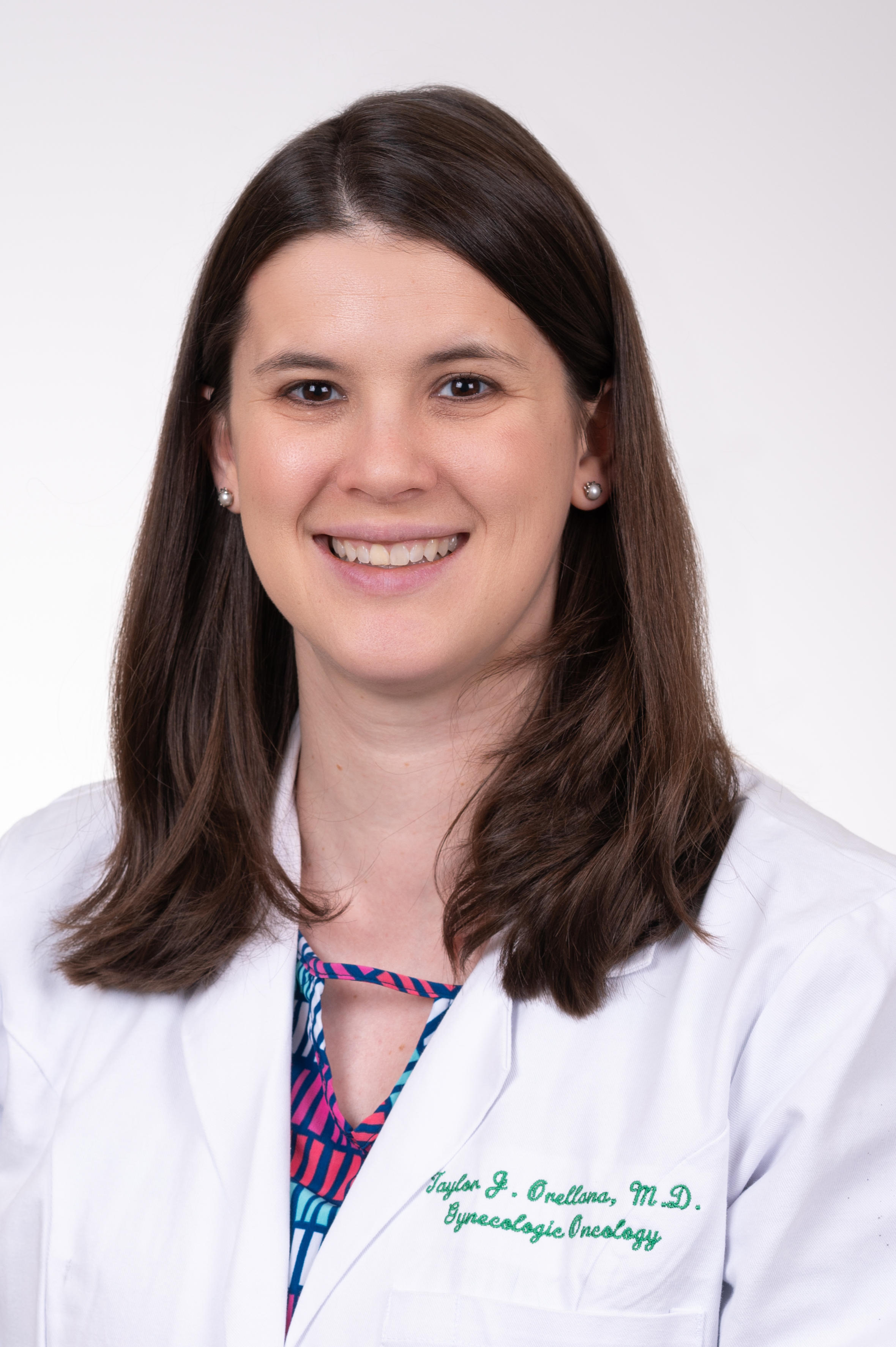The one thing that Dr. Orr said that stuck out to me the most was he wanted to keep me on a curative path. It was the best thing he could have said to me because it gave me that hope right off the bat that he's got me.
Patient Care
Patient CareResearch
Research- Cancer Biology & Immunology arrow_forward
- Cancer Prevention & Control arrow_forward
- Cancer Teams arrow_forward
- Clinical Trials arrow_forward
- Developmental Cancer Therapeutics arrow_forward
- For Hollings Members arrow_forward
- Lecture Series arrow_forward
- Research Labs arrow_forward
- Research News arrow_forward
- Shared Resources arrow_forward
- Survivorship arrow_forward
Who We Are
Who We Are- Awards & Accreditations arrow_forward
- Event Request arrow_forward
- Careers arrow_forward
- Economic Impact arrow_forward
- Giving arrow_forward
- Hollings History arrow_forward
- Hollings Horizons arrow_forward
- Leadership arrow_forward
- Media Relations arrow_forward
- News & Events arrow_forward
- Patient Stories arrow_forward
- Subscribe arrow_forward
- Contact Us arrow_forward












